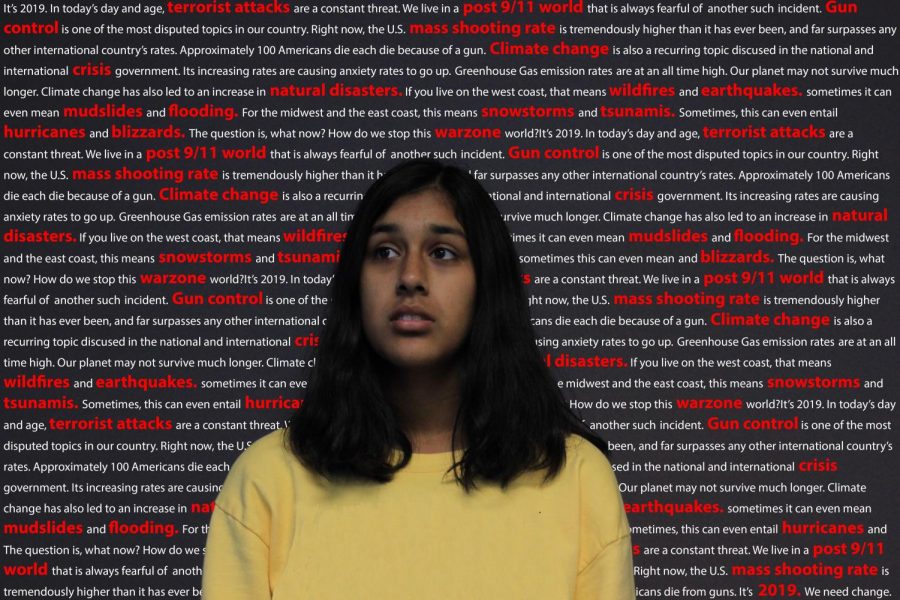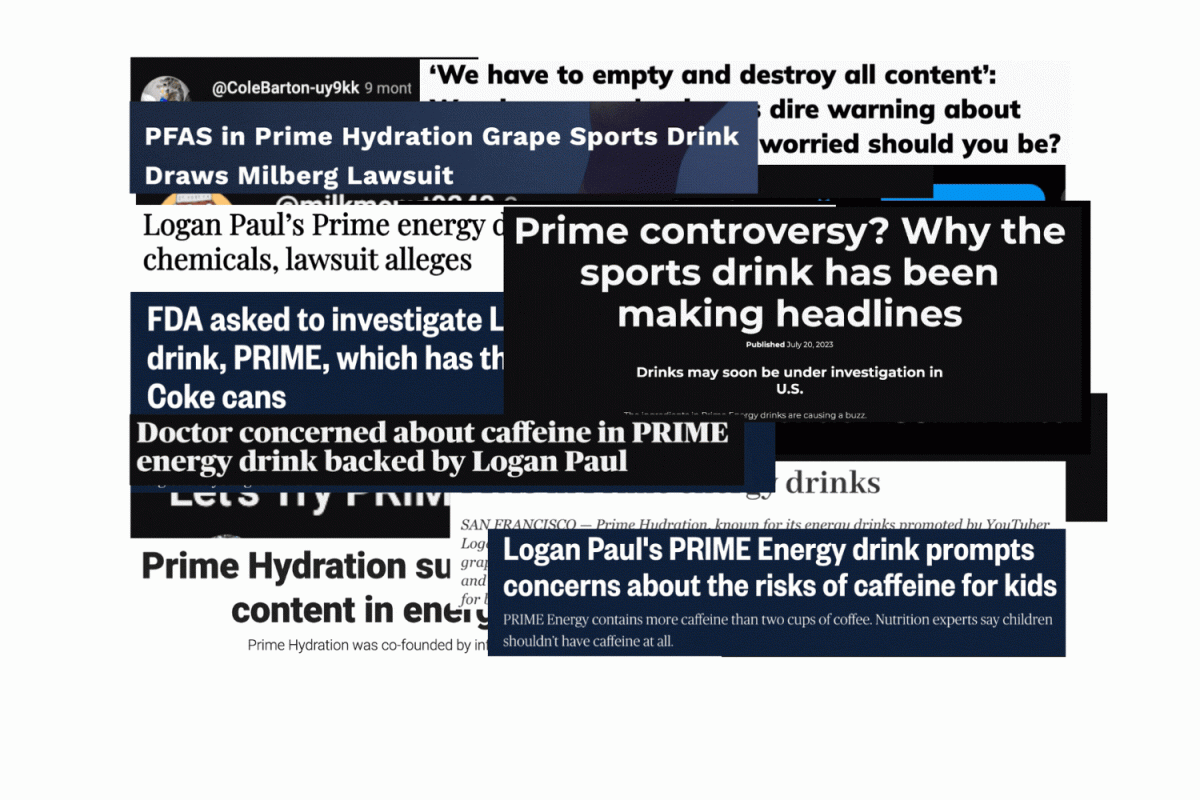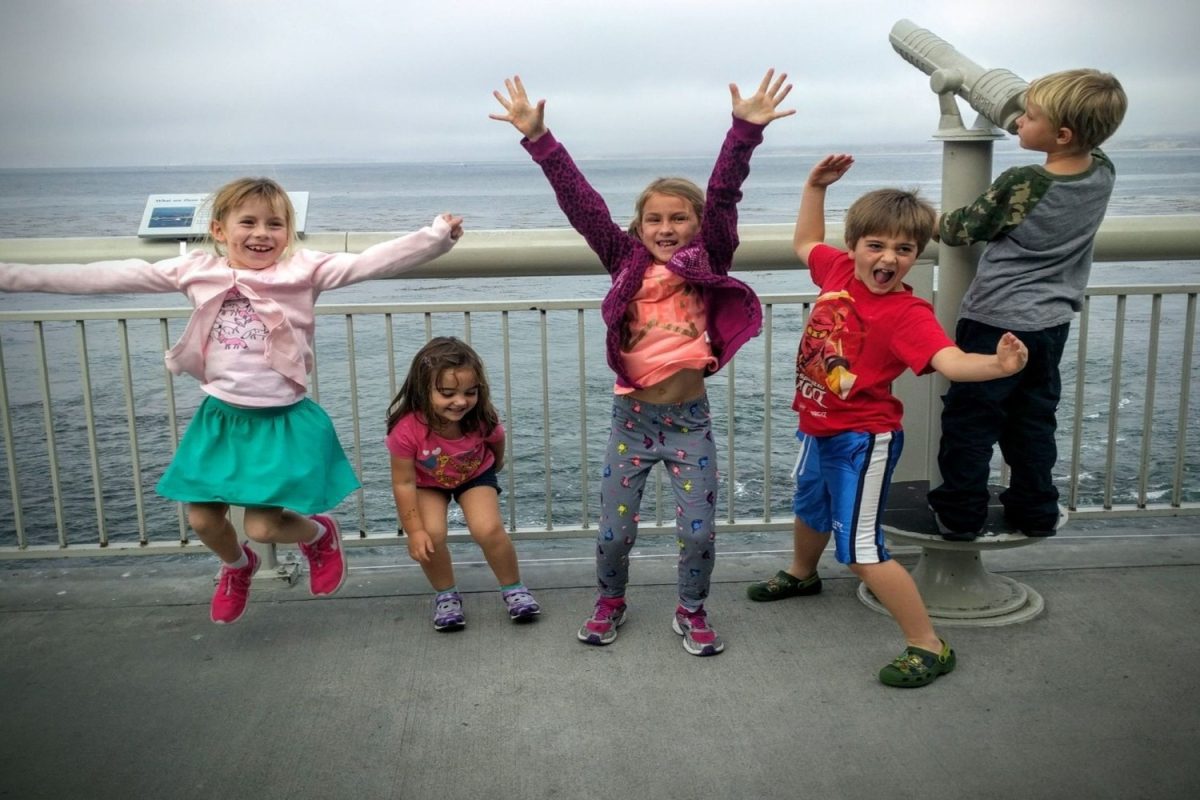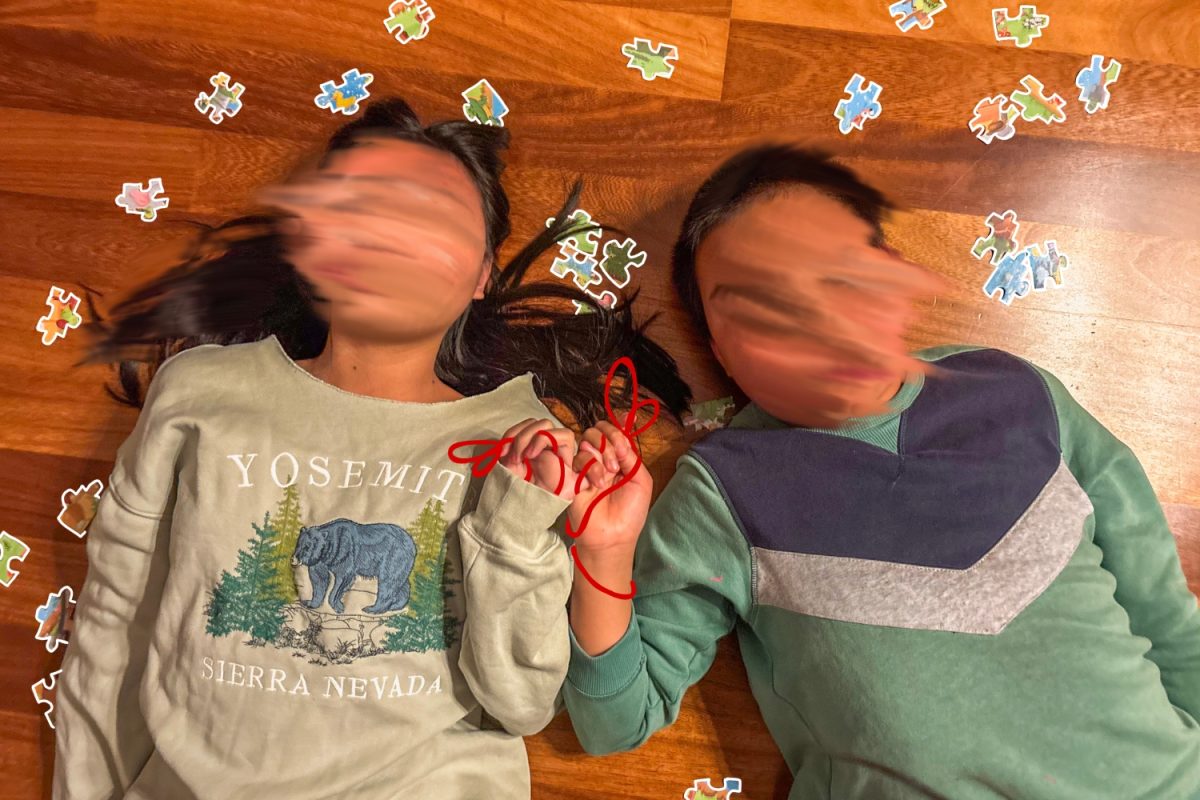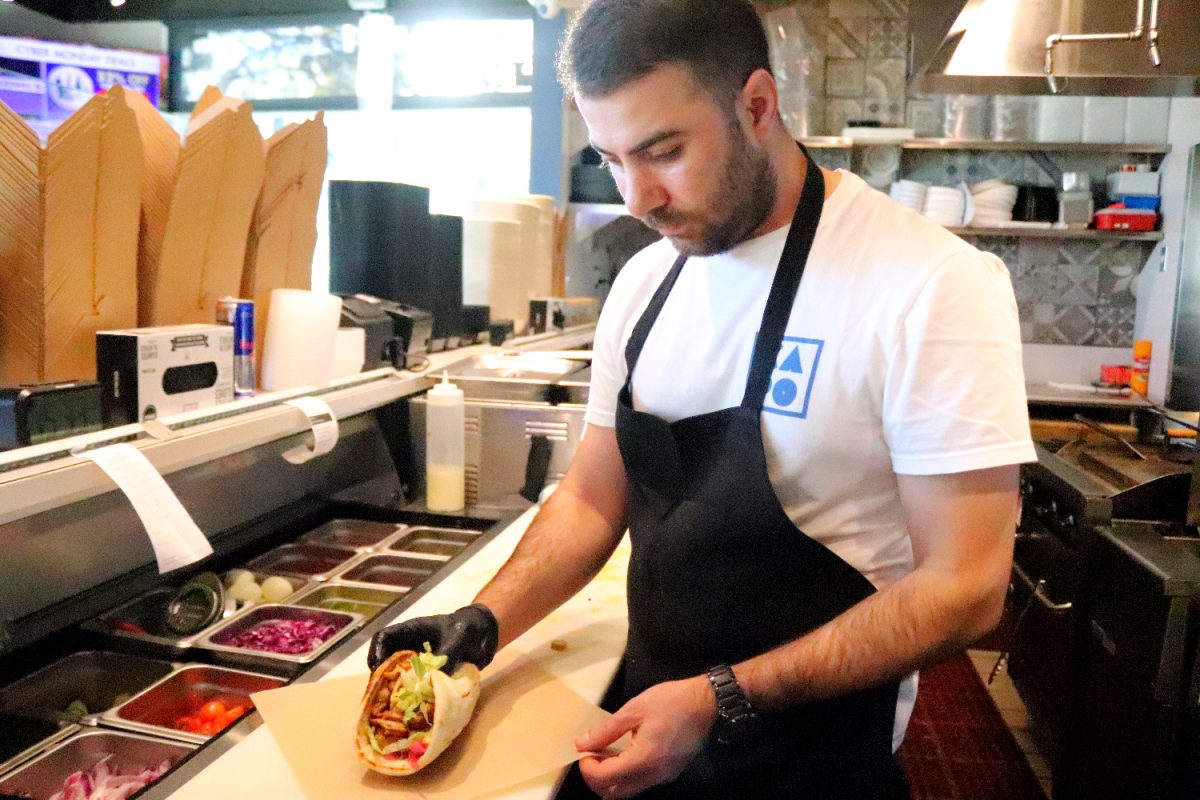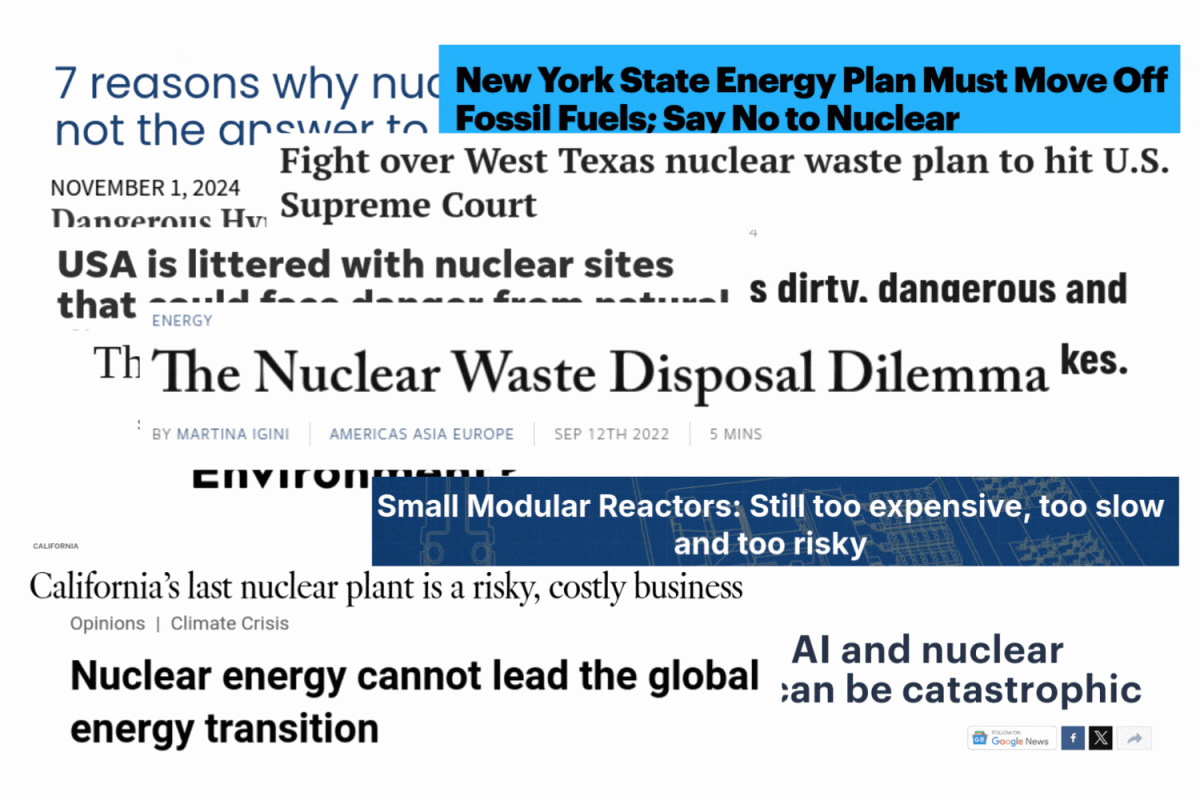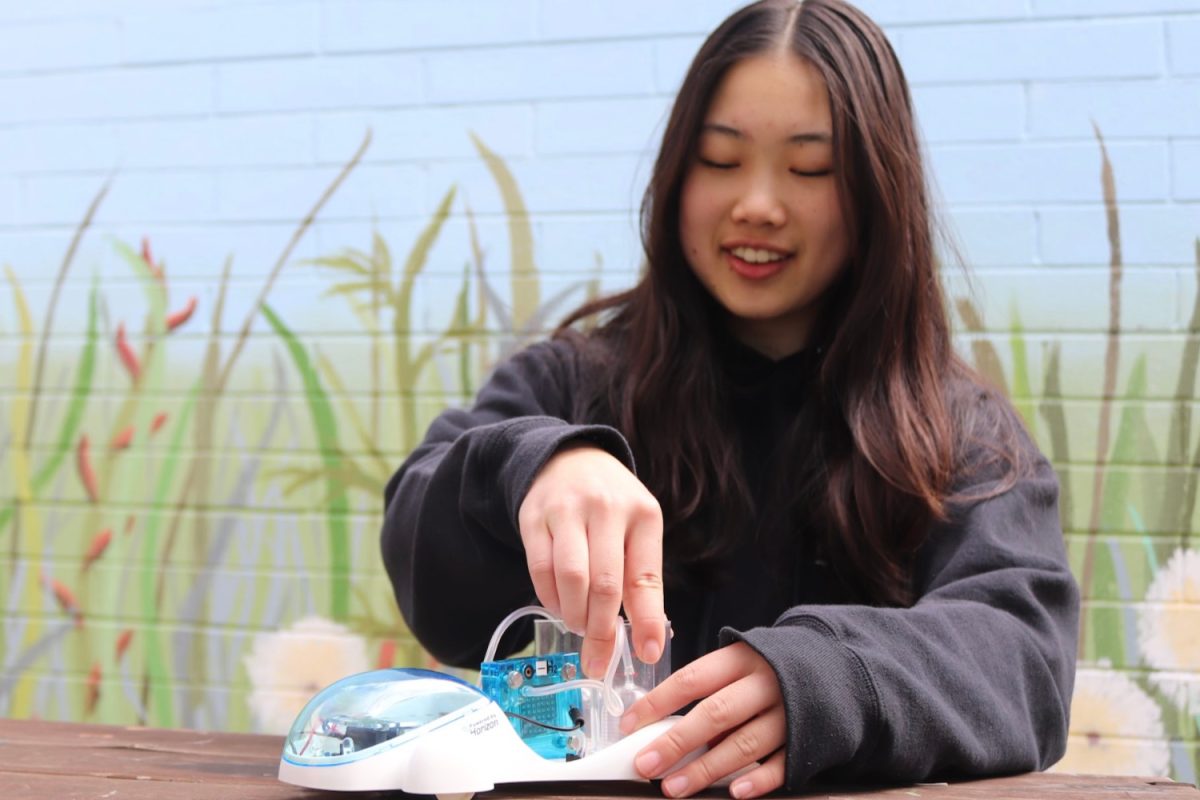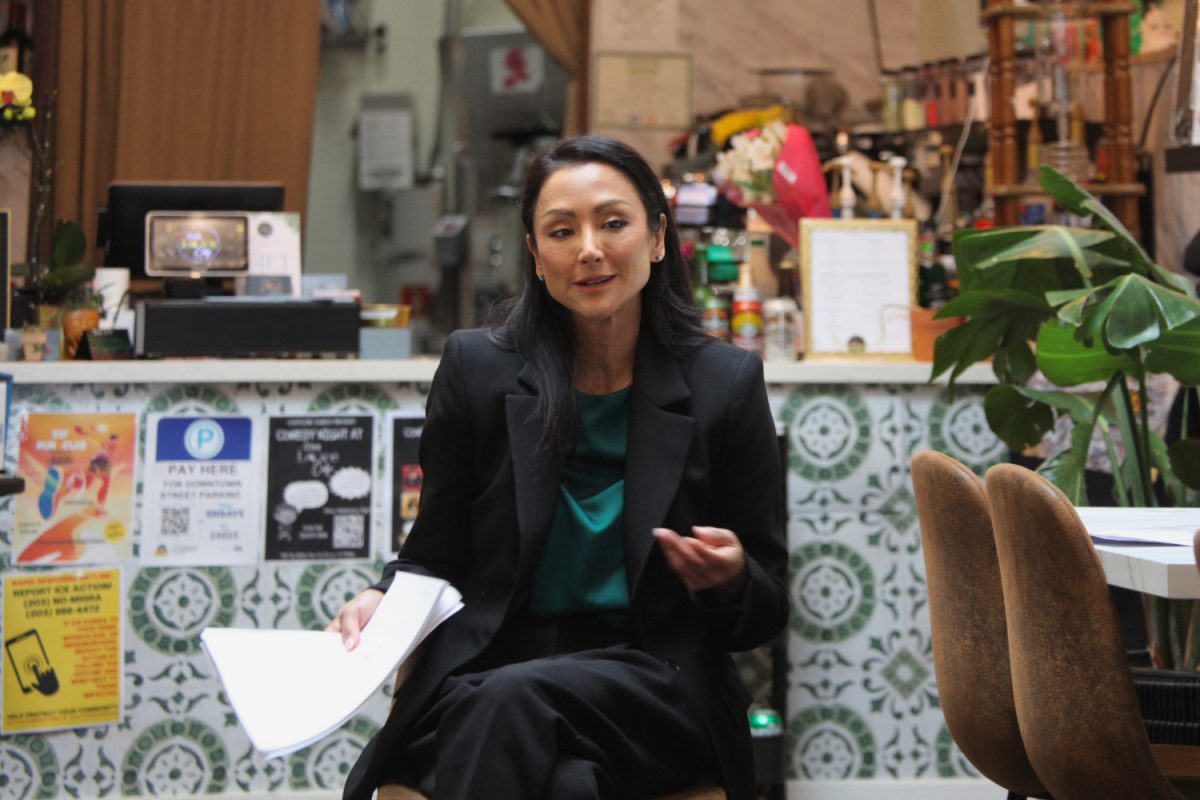Alec Sun was sprinting, running faster than he had ever run before. He could see the end, with the big gate and the line. Adrenaline was coursing through his veins as his friend ran equally fast beside him.
Sun was running for his life.
Literally.
Just a few moments earlier, he had heard the shouts of “shooter!” followed by the thud of panicked footsteps as hundreds of people sprinted towards the exit of California’s Great America Halloween Haunt.
“I was legitimately terrified that one of my friends or I was going to die,” Sun said.
Sun had reason to be scared. After all, the gun homicide rate in the U.S. is 25 times higher than that of other high-income countries. In the first 11 months of 2019 alone, the U.S. experienced 369 shootings. So far, there have been 45 mass shootings in 2020.
The New Normal
For Gen Z, attacks like these have been a constant part of their lives; 9/11 happened before their time. As a result, tedious airport security is something they’ve always tolerated. More recently, active shooter drills have become an annual occurrence at almost every school. While these events are normal for them, they’ve contributed to steep increases in anxiety and PTSD-esque symptoms.
According to therapist Dr. Kari Wolman Kilianey, climate change and politics are generally the top triggers for anxiety.
“Generally speaking, people don’t mention shootings and wildfires on their list, but events like those are directly correlated to our country’s political and environmental climates,” Kilianey said.
It’s no wonder that the anxiety rates of Gen Z teenagers have increased in recent years. According to TIME magazine, over 40% generally feel more anxious than they did in previous years. The political and environmental climates that cause these incidents seem to have begun just as they were born.
Kilianey added that there are detrimental effects of leaving anxiety or PTSD untreated.
“Untreated symptoms can affect your physical and mental well-being. If it’s left alone in children, it’s bound to build up as they age,” Kilianey said. “For teens, in particular, these symptoms can lead to missing school and substance abuse, which increases stress and worsens your symptoms. It’s a tricky cycle to get out of.”
Despite the risks of leaving these symptoms untreated, approximately 63.1% of Americans who suffer from anxiety do not receive any treatment, according to the Anxiety and Depression Association of America. This is partly because many don’t realize that they suffer from anxiety. More significantly, for many, these symptoms are easy to develop.
Fighting Fire
Shootings are on the rise in America. That’s nothing new to anyone above the age of three. So is climate change, and with it, an increase in natural disasters.
Natural disasters include, but are not limited to, hurricanes, tornadoes, snowstorms, floods, and tsunamis. For California natives, natural disasters mean earthquakes and wildfires. While the climate does not dictate earthquakes, wildfires are affected by it.
Such fires have been a natural occurrence in California for more than 100 years, provoked by the dry, dusty summers. However, the situation is changing. With climate change, the existence of a wildfire “season” is gone, replaced by erratic, uncontrollable fires that occur randomly across the state.
According to the Insurance Information Institute, in the past three years, wildfires have destroyed about 24 million acres of Californian land. This land included forests, groves, houses, schools, and people. While they are different from shootings and terrorist attacks, their widespread destruction holds them account for a fair share of the mental trauma many suffer.
In 2018, the small town of Oak Park, California witnessed both a shooting and a fire within two days. The shooting took place at a restaurant called Borderline Bar and Grill and left 13 dead. The fires reached the area the next night and led to numerous neighborhoods being placed under mandatory lockdown, several even burning down.
Oak Park resident Olivia Dods spoke on the aftermath of dealing with both events.
“People always say this, but you never expect these things to happen to you until they do. We’ve all read about these things happening all over the country for years, but it is so much harder when it happens to a place you drive past every day, or to people you go to school with,” Dods said.
Dods also compared the two events emotionally.
“They were different. The shooting was a lot of grieving and shock that something like that could happen in our town,” Dods said. “The fire was straight fear. I have never seen a fire that close and that violent in my life. Leaving your house one night and not knowing whether you’ll ever come back to it is a terrible feeling.”
The aftermath of events like these usually consists of bad dreams, anxiety attacks, mood swings, or sometimes physical pains, according to Psycom.
Despite the apparent differences in scale, aftermath, and purpose, both situations left Dods and the community of Oak Park in shock. According to Dods, the community held sessions to help ease the grief and to open a conversation about their feelings.
“Despite everything that was done to make us feel safe, it was a long road back to feeling normal and safe in my hometown again,” Dods said.
The Lingering Effects of Fear
Many would argue that this “warzone era” began with 9/11. Those on the cusp of Gen Z and the next didn’t always live in this same fear.
Born in 1996, Kiana Ghazouli is an example of one such person, as she was only five years old at the time of 9/11.
“I was very young when it happened, and while I can’t say where the tides turned, I do think people started paying more attention to these kinds of things and were more alert after it happened,” Ghazouli said.
However, Ghazouli did not notice any significant change until about ten years later.
“From my point of view, [action] started to kick up around 2012 or 2013, but that also might be because I was older and paid more attention to these kinds of events. I think that the Sandy Hook shooting was the true turning point for school shootings to become much more common,” Ghazouli said.
A few years earlier, Ghazouli had experienced her own 9/11-esque situation. She was traveling in Nice, France with friends when a man drove a truck into a crowd of people celebrating Bastille Day. The attack killed around 70 and both physically and mentally injured hundreds.
Ghazouli spoke on her experience coping with the attack in France.
“Nice is always on my mind, especially because of the gun violence stats in the U.S. I’m always anxious and looking out for suspicious people. For the weeks and months following, I had a lot of bad dreams, and can still remember some anxiety attacks I had over it,” Ghazouli said.
Ghazouli recalled her own struggle to feel safe again in the aftermath of the attack, along with the challenge of coping with symptoms of anxiety.
“I’ve healed. The memory isn’t as fresh anymore, but it took me a long time to reach this point,” Ghazouli said. “Attacks like that have become more prevalent as they occur more and more, and until they stop, people will keep having to deal with symptoms like these.”
The Future
Similar attacks and disasters will continue to occur, it seems, and the anxiety symptoms that develop as a result will continue to increase.
However, it’s not all dark and depressing; there are ways to cope. Options range from individual therapy and support groups to merely establishing a daily routine or keeping some time aside for oneself each day.
Most will admit that the healing process takes time. It is no easy feat to return to life as normal after experiencing a huge shock or disaster, nor is it always easy to ask for help to do so.
Dods shed light on how she and others dealt with the incidents.
“We had group talks and hangouts, as well as discussions in school. But, despite everything that was done to make us feel safe, it was a long road back to feeling normal and safe in my hometown again,” Dods said.
According to Ghazouli, once someone has had experienced a traumatic event as such, it’s hard to look at things the same way again.
Ghazouli said, “What they said is true; you never think this will happen to you until it does.”


